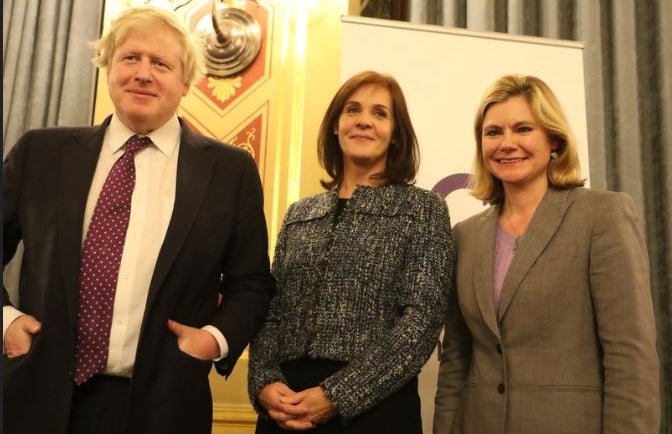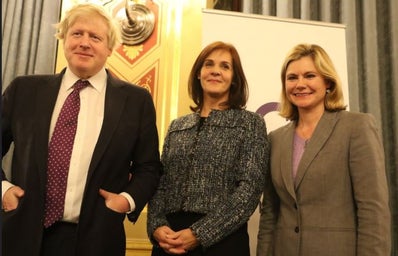After the news emerged about Boris Johnson and the series of parties that were held in Downing Street throughout 2020, with it seeming as though a new party is reported every day, I had a look through my own phone camera roll. Like many, my lockdown was filled with walking, baking and family selfies. On one particular date, the 20th of May 2020, I took no photos, most likely not doing anything exciting enough to document. My university housemate was sunbathing in her garden, both of us having gone nearly two months without leaving our house, our social bubble reduced to nothing more than our family. However, on the same day, Boris Johnson and more than 100 Downing Street Staff members met for drinks to ‘make the most of the lovely weather’.
For so many people across the UK, 2020 was a year filled with heartbreak and internal battles. The adjustment to living without close friends and a complete detachment from simple everyday activities such as shopping and eating out. Therefore, to hear that the government that were creating the rules to guide us through the pandemic were not following them themselves, can feel incredibly frustrating.
Recently, a series of reports emerged of several parties held by members of the Conservative Party and the Downing Street Staff, including Prime Minister Boris Johnson. These parties took place throughout 2020 to 2021, spanning from Spring to Christmas. One of the first instances that was made public knowledge was a party that occurred on the 20th of May 2020, where more than 100 Downing Street employees, both MP’s and Staff, celebrated the good weather with drinks in the Downing Street gardens, with Boris Johnson admitting he attended for ‘around 25 minutes’ in PMQ’s. Perhaps what makes this event more disheartening is only five days earlier, previous Health Secretary Matt Hancock advised the British Public against this very act, asking people to ‘stick to the rules and not take advantage of the good weather’.
This is not an isolated instance – in December 2020, former Education Secretary Gavin Williamson requested the organization of a Christmas Party for more than two dozen people. Not only was indoor mixing of two or more people illegal at this time, but the education of millions of students across the UK suffered as a result of school closures and cancelled examinations, a decision made by Williamson himself. Perhaps even more heartbreaking is the more recent report of two leaving parties that took place the night before The Queen sat alone, socially distanced from her family, at the funeral of her husband Prince Philip – an image that resonated with so many people across the UK who have unfortunately suffered devasting losses at the hands of Coronavirus.
The overall message that stems from these incidents is the idea of ‘one rule for us, another for them’, a sentiment that has plagued the government throughout the pandemic and will arguably become Boris Johnson’s legacy as Prime Minister. Whilst so many suffered mentally and physically throughout lockdown and 2020 and 2021 as a whole, to know that the very government leading us through it were not following the same rules that they enforced has created a rippling annoyance across the country. It can be said that this frustration is justified; to know that the sacrifices so many families and individuals made were not reciprocated by the leaders of our country makes them almost feel pointless.
The question that this creates as a consequence is how do we go on the trust our government after this incident? Can there still be a level of implicit faith in them as our leaders, or is it now irreconcilably damaged?
We vote for our government because we believe they can represent our interests and concerns in a way we cannot. They can deliver in decision making that ensures our country will be a continuously evolving, democratic place, they set an example and follow it. But when this image has been broken, it presents the issue of where to go from here. As a result of these party scandals, we are arguably a society subject to a rule of law where that the man who sets them is allowed to break them, but we are not. It is this inequality in the face of the law that creates this difficulty of trust – why should we trust the government, when they do not see themselves as equal to us when following the law?
The government’s actions have resulted in a damage to both our democratic health and our literal society’s health – if a new variant appeared that was dangerous to the public, a full lockdown would be difficult to enforce and have the public follow after our own leader could not. The image of both Boris Johnson will be permanently tainted after this incident, and it is up to the public to now decide whether they will continue to trust his government or not.


